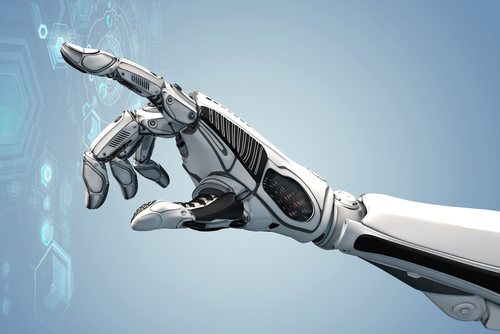IBM has announced IBM Talent & Transformation, a new business to help companies and their employees leverage AI and automation. This new business unit will provide not only AI skills training, but also help companies use AI to empower employees, transform workflows, eliminate bias and build a modern workforce.
Recent IBM studies reveal that as many as 120 million workers in the world’s 10 largest economies may need to be retrained or reskilled as a result of AI and intelligent automation. The study goes on to say that two-thirds of CEOs say AI will drive significant value in HR, yet only 11 percent of Chief Human Resource Officers report their organizations have the AI, data science and machine learning skills needed to fulfill that potential. Further, more than half of employed adults in the US and UK are not confident their companies can use AI for competitive advantage.
“As organisations grapple with the dual demands of undertaking digital transformation and reinventing their businesses and processes through the application of new technologies such as AI, automation and blockchain, the biggest barrier to progress will lie in accessing the right talent and skills,” said Mark Foster, senior vice president, IBM Global Business Services. “IBM believes that building a workforce to compete in the era of AI is as much about culture and specialized expertise as it is about technology.”
IBM’s new services, AI tools and related training initiatives are based on the company’s learnings from methods and technologies applied to drive its own workforce transformation. When applied to IBM’s own HR function, these services drove more than $300 million in benefits to the company, $107 million in benefits in 2017 alone, and resulted in significantly better candidate, employee and manager satisfaction.
IBM has launched an AI Skills Academy, a new service offering and educational program, which will help businesses plan, build and apply strategic AI initiatives across the enterprise like evaluating AI roles and skills, building the necessary skills, and creating an organisational structure in support of AI strategy, all while being supported by IBM’s expert resources.
The offering is aimed at business and technical professionals, from front-line managers to senior executives in areas including marketing, HR, legal, finance and operations, to enable them to find new value opportunities in their companies’ workflows. The curriculum covers areas essential to AI initiatives, including deep learning and machine learning frameworks, applying algorithms, open source technologies and data visualization, and will ensure that businesses make decisions less on ‘gut’ intuition and more on data-driven analytics.
The company is also offering IBM Watson Talent solutions, which use analytics and AI-based prediction in recruitment, candidate assistance, career coaching and in developing talent strategies and assessing unconscious bias across an organisation’s employment history related to gender, race, age, education and previous employment.
To gain an AI advantage, companies must also change how they work, where they work and what principles they use to guide their work.
To facilitate this change, IBM is introducing IBM Garage, designed to develop agile capabilities and change the way work is done. Inside the Garage – which serves as a physical instantiation of digital and AI-enabled transformation across an enterprise – IBM experts sit shoulder-to-shoulder with client employees to develop new ideas, then rapidly test, discard or advance those ideas. In environments designed to be a break from the everyday, traditional silos and barriers are eliminated — employees are encouraged to learn by doing, fail fast and iterate often, inspiring organizational change and buy-in. The IBM Garage is a tool for executing, scaling and managing an organization’s multiple transformation initiatives with strategic purpose amid ongoing market disruption. Companies including Ford Motor Company and Travelport are already working in IBM Garages around the world to create cultures of open collaboration and continuous learning.










Discussion about this post